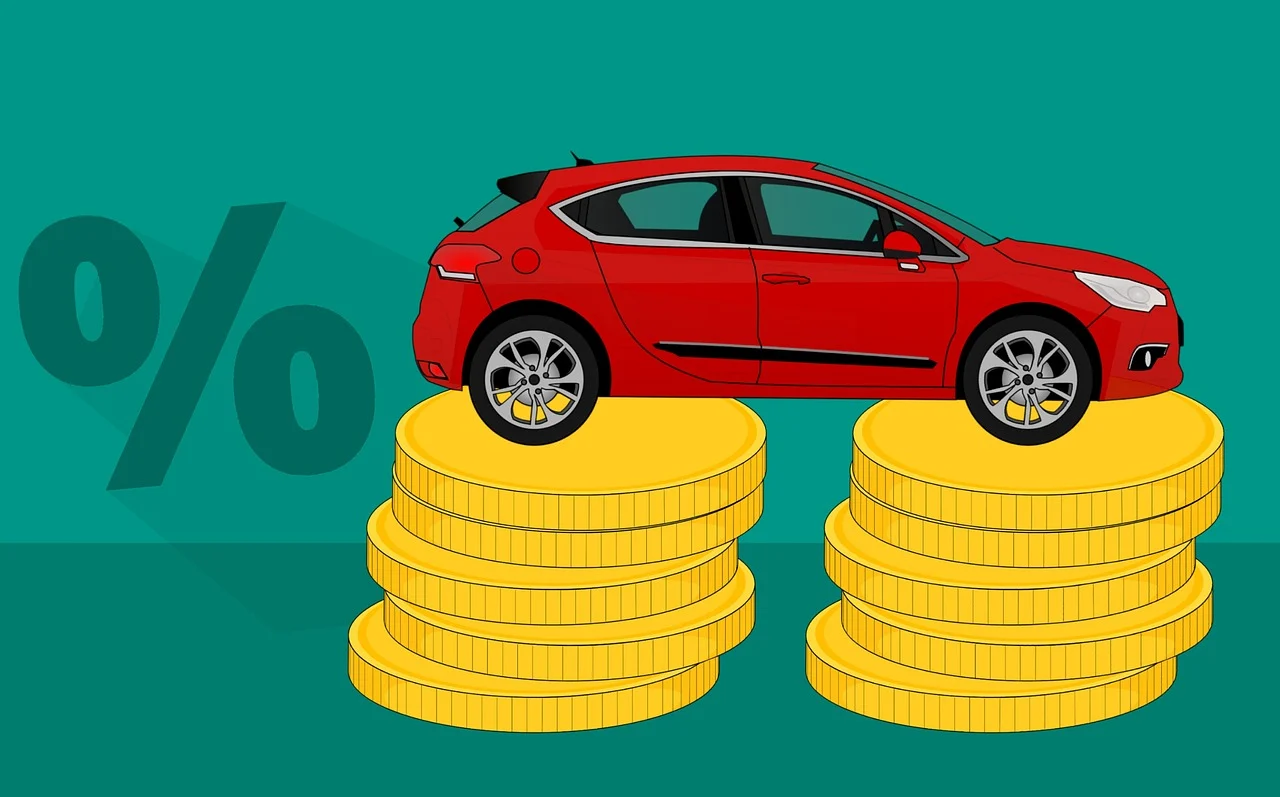Understanding Business Liability Insurance Costs: A Comprehensive Guide
Running a business comes with many risks, from accidents and injuries to property damage and legal claims. Business liability insurance is one of the most essential types of coverage to protect your business from financial loss due to such risks. However, one of the most common questions business owners have is: How much will business liability insurance cost?
In this article, we’ll break down the factors that affect the cost of business liability insurance, how to estimate your premium, and tips on how to reduce your insurance expenses while maintaining adequate coverage.
What is Business Liability Insurance?
Business liability insurance is a type of coverage that helps protect your business from legal claims related to bodily injury, property damage, or personal injury caused by your operations, products, or services. There are several types of business liability insurance, including:
- General Liability Insurance: This covers basic risks, such as slip-and-fall accidents, property damage, and advertising injuries.
- Professional Liability Insurance (Errors and Omissions Insurance): This protects against claims related to negligence, mistakes, or failure to deliver professional services as promised.
- Product Liability Insurance: This covers damages caused by defective products manufactured or sold by your business.
- Cyber Liability Insurance: This is designed to protect businesses against data breaches, cyberattacks, and other technology-related risks.
Factors That Affect Business Liability Insurance Costs
The cost of business liability insurance varies based on several factors. Understanding these factors can help you get a better idea of how your premium will be calculated and what you can do to control your costs.
- Industry and Type of Business The nature of your business plays a significant role in determining the cost of your liability insurance. For example, a construction company or a restaurant may face higher premiums due to the higher risk of accidents and property damage. On the other hand, a home-based consultancy may pay lower premiums because it has fewer physical risks.
- Size of Your Business The size of your business, measured by the number of employees, annual revenue, or the scale of operations, influences your insurance premium. Larger businesses tend to pay higher premiums because they typically have more exposure to risk. For example, a company with multiple locations or a large workforce may be more susceptible to legal claims or accidents.
- Claims History If your business has a history of frequent insurance claims or lawsuits, your premium will likely be higher. Insurance providers see businesses with a higher claims history as riskier to insure. A history of no claims or a strong safety record may result in lower premiums.
- Coverage Limits The amount of coverage you choose will significantly affect the cost of your policy. Higher coverage limits mean your insurance will pay out more in the event of a claim, which increases your premium. Businesses with higher risks or those in high-cost industries may need higher coverage limits.
- Location Where your business is located can impact your insurance rates. For example, if your business operates in an area prone to natural disasters (e.g., hurricanes, floods, or earthquakes), your liability premiums may be higher due to the increased risk of property damage or injury. Similarly, the local legal environment, including state laws and regulations, can influence how much you pay for coverage.
- Number of Employees The number of employees you have can impact the cost of liability insurance. More employees typically increase the potential for accidents or injuries. Additionally, certain types of liability insurance (like workers’ compensation or employer’s liability insurance) may be required based on the number of employees or the nature of your business operations.
- Type of Coverage and Policy Structure Whether you choose a basic or comprehensive liability policy can affect the price. A bundled package that includes multiple types of coverage (such as general liability, property, and workers’ compensation insurance) may offer savings compared to purchasing individual policies.
- Deductibles The deductible is the amount you pay out of pocket before your insurance coverage kicks in. Choosing a higher deductible can lower your monthly premiums, but it means you’ll be responsible for paying more upfront in the event of a claim. Finding the right balance between premium and deductible is key to managing costs effectively.
Average Business Liability Insurance Costs
The cost of business liability insurance can vary significantly based on the factors mentioned above. However, here are some average ranges to give you an idea of what to expect:
- General Liability Insurance: On average, small businesses can expect to pay between $300 and $1,000 per year for general liability insurance. This is for businesses with fewer than 10 employees and modest annual revenue. Larger businesses with more complex risks may pay several thousand dollars annually.
- Professional Liability Insurance: Small businesses typically pay between $500 and $2,000 annually for professional liability coverage, although the cost may be higher for industries with increased exposure to legal claims, such as consulting or healthcare.
- Product Liability Insurance: For product-based businesses, product liability insurance costs can range from $500 to $2,000 or more, depending on the number of products, the type of products, and the risk of product defects or injuries.
- Cyber Liability Insurance: Cyber liability insurance can cost between $500 and $3,000 annually for small to medium-sized businesses, depending on the amount of sensitive data handled and the risk of a breach.
How to Estimate Your Business Liability Insurance Costs
- Use Online Insurance Calculators Many insurance companies offer online calculators that can help estimate your premium based on key business details such as size, industry, and coverage needs. While these calculators provide general estimates, they can help you understand the cost range for your business.
- Consult an Insurance Broker A licensed insurance broker can help you assess your liability risks and recommend the best coverage options for your business. Brokers can also shop around with multiple insurers to find the best rates based on your needs.
- Get Quotes from Multiple Insurers To get an accurate estimate of your business liability insurance costs, request quotes from several different insurance companies. Comparing multiple quotes allows you to assess different coverage options, pricing structures, and discounts to find the best policy for your business.
- Review Your Coverage Periodically As your business grows or changes, your insurance needs may evolve. It’s important to review your liability coverage periodically to ensure that you have enough protection while managing costs. You may need to adjust your coverage limits or add additional coverage as your risks change.
Tips for Reducing Business Liability Insurance Costs
- Maintain a Strong Safety Record Implement safety protocols and risk management practices to reduce the likelihood of accidents, claims, or lawsuits. Insurers may offer discounts for businesses with a history of few claims or a strong commitment to safety.
- Bundle Your Insurance Policies Consider purchasing multiple insurance policies (e.g., general liability, property, and workers’ compensation) from the same insurer. Many insurers offer discounts for bundling coverage, which can help you save money on premiums.
- Increase Your Deductible If your business can afford to pay a higher deductible in the event of a claim, consider opting for a higher deductible to lower your monthly premium. Just be sure you have the funds available to cover the deductible if necessary.
- Shop Around for Quotes Insurance prices can vary widely between providers, so it’s important to compare multiple quotes to find the best rate. Be sure to consider both the price and the quality of coverage when choosing a provider.
Conclusion
Business liability insurance is a crucial investment to protect your business from potential legal claims, property damage, and other risks. The cost of business liability insurance depends on factors such as the size and type of your business, the level of coverage you need, and your claims history. By understanding these factors and taking steps to manage your risks, you can find a policy that provides adequate protection without breaking your budget.
Use online calculators, request quotes from multiple insurers, and work with an insurance broker to get the best deal for your business.

